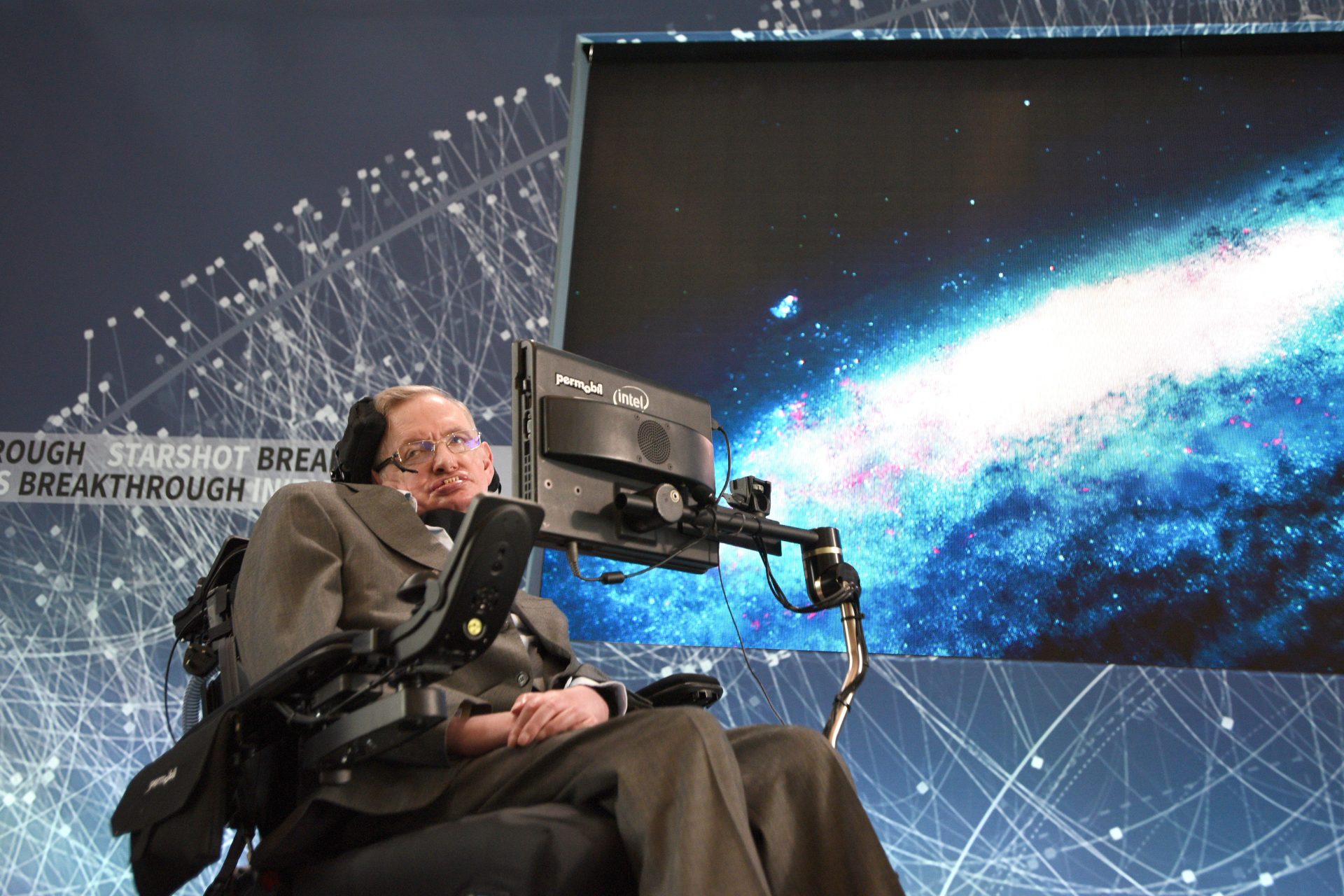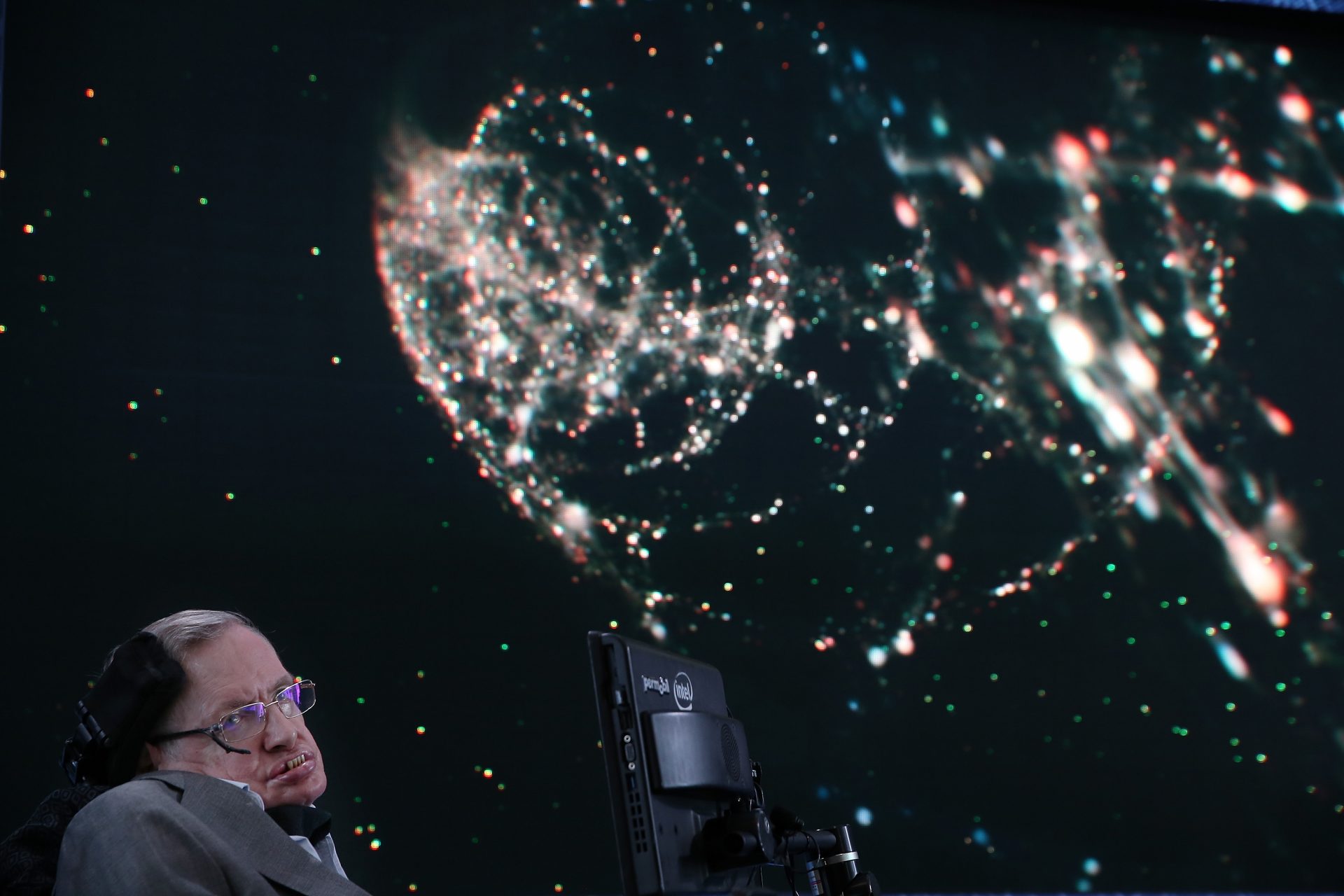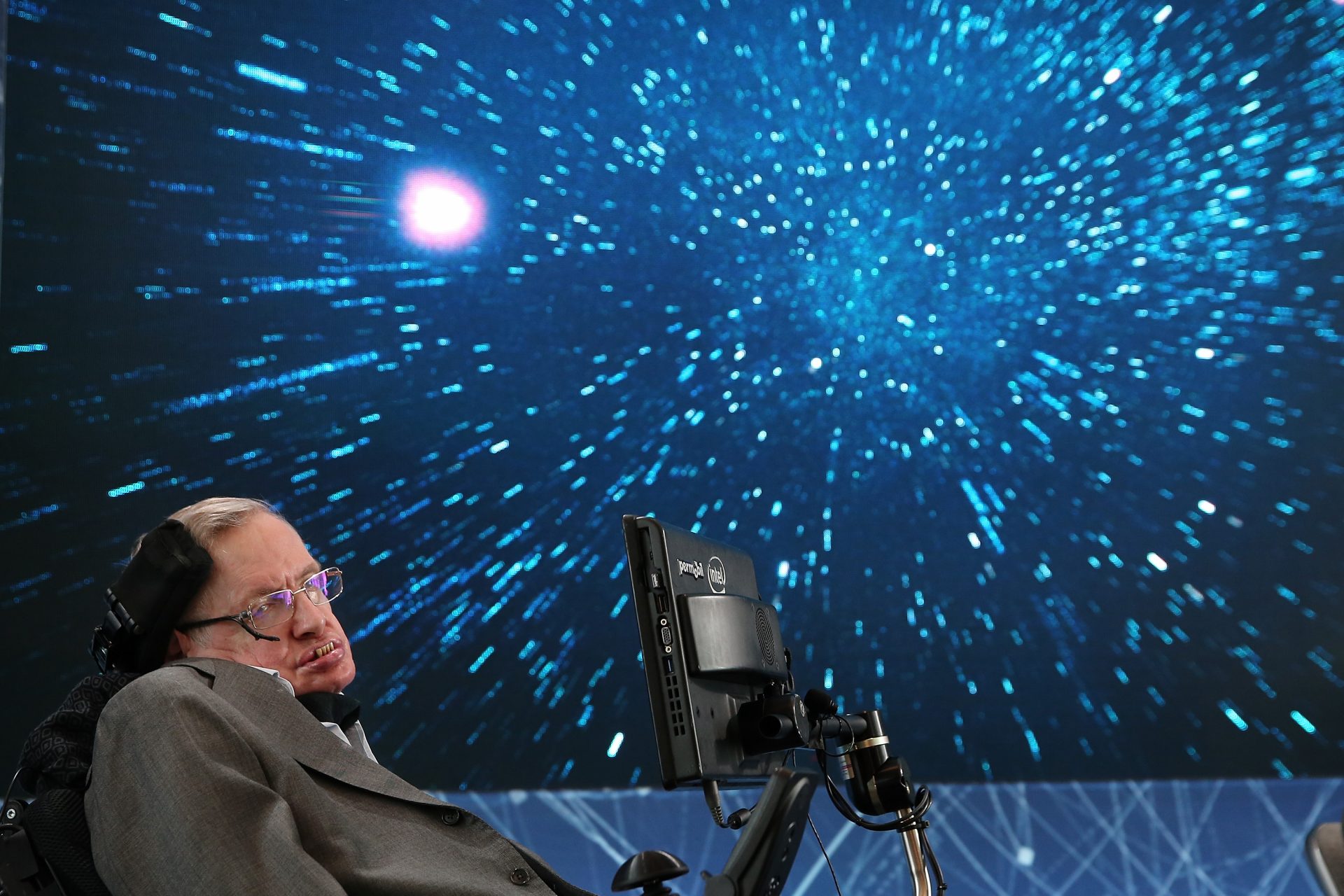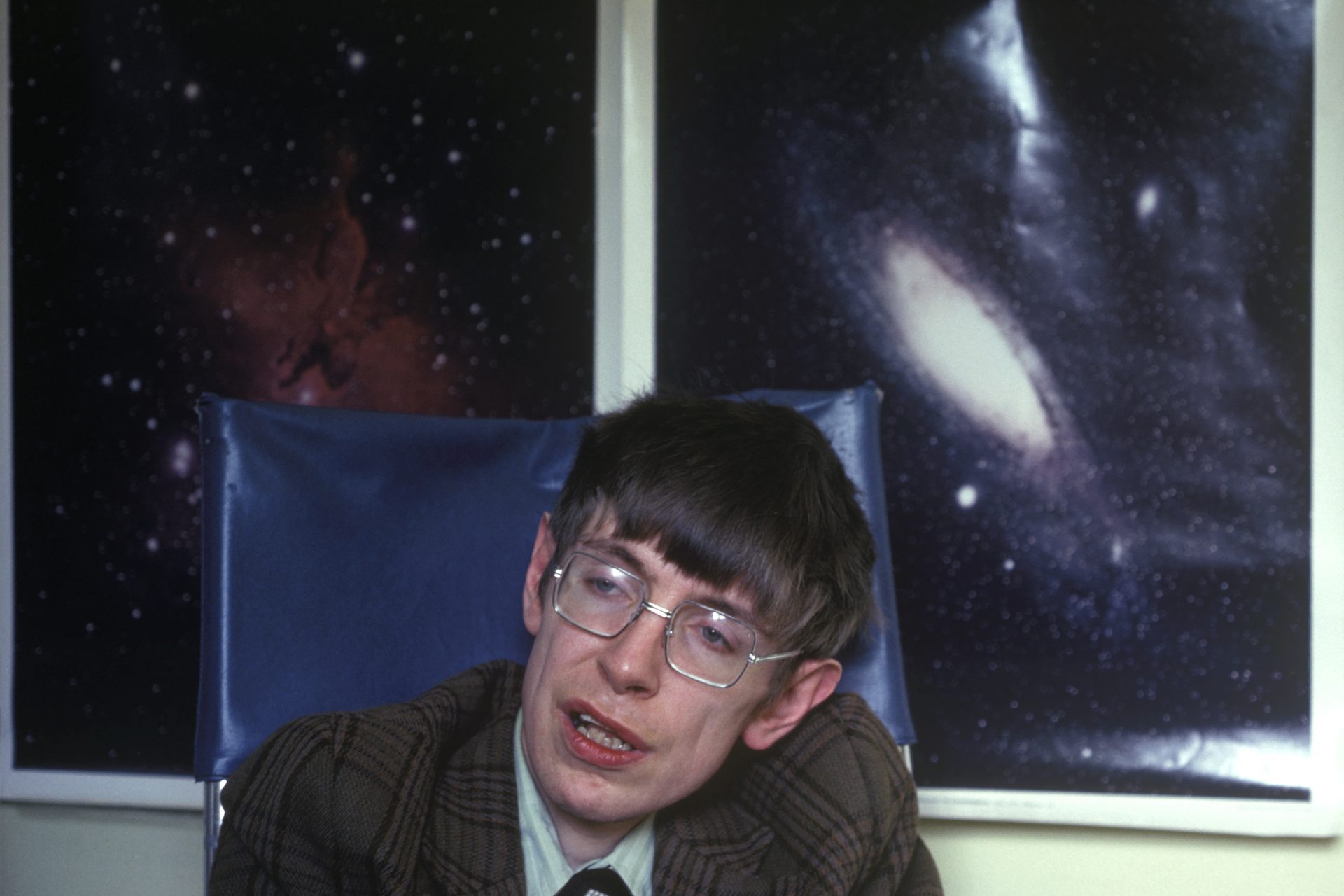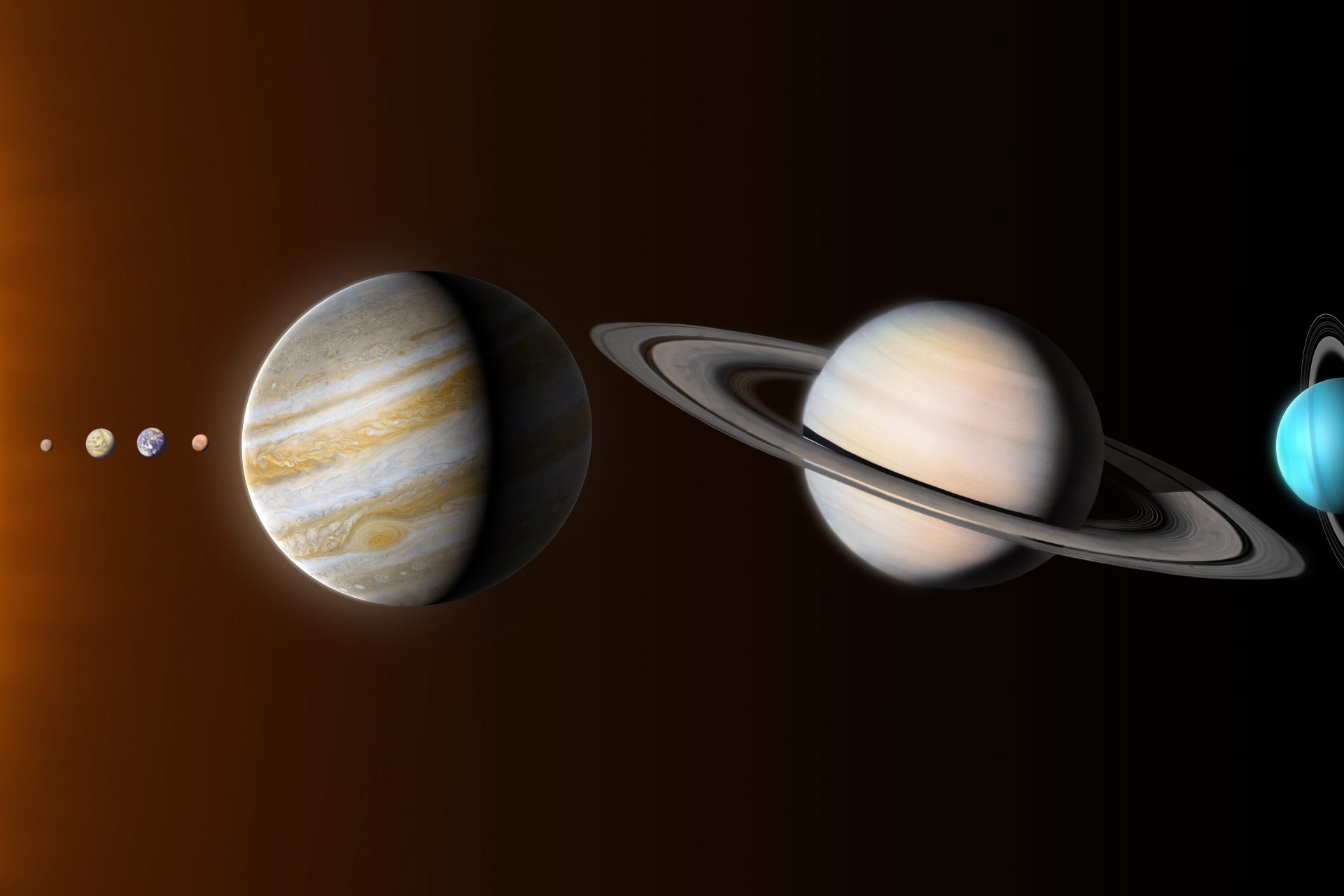Stephen Hawking's worrying predictions: the end of the world is near!
Near the end of his life, famed astrophysicist Stephen Hawking made worrying predictions about the future of humanity.
He warned that if humanity continues on its current course, it could lead to Earth's self-destruction in less than 600 years.
Hawking believed that the increase in the world's population and the accompanying increase in energy consumption were critical factors that could ultimately turn the Earth into a blazing fireball.
In a video appearance at a convention in Beijing in 2017, Hawking shared his vision that humanity could exterminate itself "with our greed and our stupidity."
This dire forecast was part of his last message, in which he also spoke about the importance of electric cars and exploring other planets.
Hawking had the hope that there could be habitats for humanity on other planets.
He appealed to investors to support his plans to travel to the nearest star outside our solar system in the hope of finding a habitable planet.
One of these nearby stars is Alpha Centauri, about four light-years away. Scientists believe this star could host planets that have similar conditions to Earth.
Hawking also warned of the risks associated with scientific experiments, particularly in connection with Higgs particles.
He suggested that at very high energy levels such experiments could collapse the universe.
During his lifetime, he supported the "Breakthrough Starshot" project, which plans to send a tiny probe to Alpha Centauri at a fifth the speed of light.
Such a system could reach Mars in less than an hour, Pluto in a few days and Alpha Centauri in just over 20 years, according to Hawking.
These visionary ideas and warnings reflect Hawking's deep understanding of humanity's challenges and opportunities in dealing with the universe.
Hawking was known for his ability to make complex scientific concepts understandable to a wide audience. His commitment to science and education and his unwavering spirit inspired people worldwide.
Hawking passed away on March 14, 2018, but left behind a significant scientific legacy and a lasting inspiration for future generations.
The ideas we have explained in this gallery also demonstrate his belief in the need to explore new worlds to ensure the long-term survival of humanity.
More for you
Top Stories



